Children learn a lot in early childhood education programs, but most of their time is spent at home with their families and caregivers. Early learners who can capitalize on education opportunities at home will enter the classroom environment with a better foundation for developing new skills and learning new concepts. Early childhood school preparation is a great way to prepare young students for success!
Why Does Family Engagement Matter in Early Childhood?
According to research, the average 5-year-old’s brain is almost fully developed. In those crucial brain growth years before the age of 5, an early learner has the opportunity to grow in abilities around language, emotions, and movement. Caregiver or family roles in their youngest years help develop a steady foundation for learning more complex concepts later in life.
Concepts From Connections Developed in Early Childhood
- Self-Discipline & Motivation
- Self-Regulation
- Problem-Solving & Critical Thinking
- Empathy
- Responsibility
The importance of family and caregiver involvement in the education of early learners is clear when you consider all the important lessons and skills they are learning before the age of five. The next step for educators looking to encourage family engagement and caregivers who want to make the most of time at home is to create and utilize a list of activities that prepare young students to succeed in the school environment.
4 Activities for Families to Prepare Young Learners for the School Environment
This list of basic activity ideas can help educators and family members get started and get engaged!
Reading
Read to and read with early childhood-aged children to engage them in literacy skill-building. Practicing reading out loud is an essential activity for developing strong literacy skills.
Reading aloud benefits the following foundational skill sets:
- Speech & Cognitive Skills
- Curiosity & Memory Skills
- Spelling & Vocabulary Skills
- Listening & Comprehension Skills
Students who enter a classroom with foundational literacy skills are more likely to enjoy learning, communicate more effectively with others, and may even be helpful to other children who may be struggling with new concepts and ideas.
Educational Games
Gamification is a great way to help students study for exams and practice using new skills. The same methods apply to early childhood learners. Using educational games or creating new ones helps children develop essential skills and a love of learning.
Classic examples of this include playing with:
- Alphabet & Number Manipulatives
- Building Blocks
- Role-Playing (Dress Up)
- Dramatic Play (Play Food)
As early childhood learners grow, they can begin more complex games that involve memory and matching, recognizing and reading words, and counting and adding. These foundational skills are a great way to offer them the best chance for success once they enter the classroom.
Exploring
Exploring new places and concepts is an excellent way for educators and caregivers to help early childhood learners build fundamental skills. By physically exploring new objects and places, young children absorb new information and develop foundational brain patterns.
Encourage exploration by picking items up and looking over and under objects. Visit new places and allow children to find their own way around and become familiar with the new environment.
Discussing
When reading a book, playing a game, or exploring a new place with a child, discuss with them what’s happening. They may not be able to respond to the conversation yet, but pointing out patterns and using descriptive words helps them to form connections between objects, actions, words, and reactions.
Get Ready Backpacks: Early Childhood School Preparation Kits
Our School Readiness Backpacks are packed with quality, teacher-selected materials and activities designed to make learning fun. These Get Ready kits will help early childhood students build a connection between concepts learned at home and at school. Help prepare students for the year ahead with Pre-K and Kindergarten backpacks.

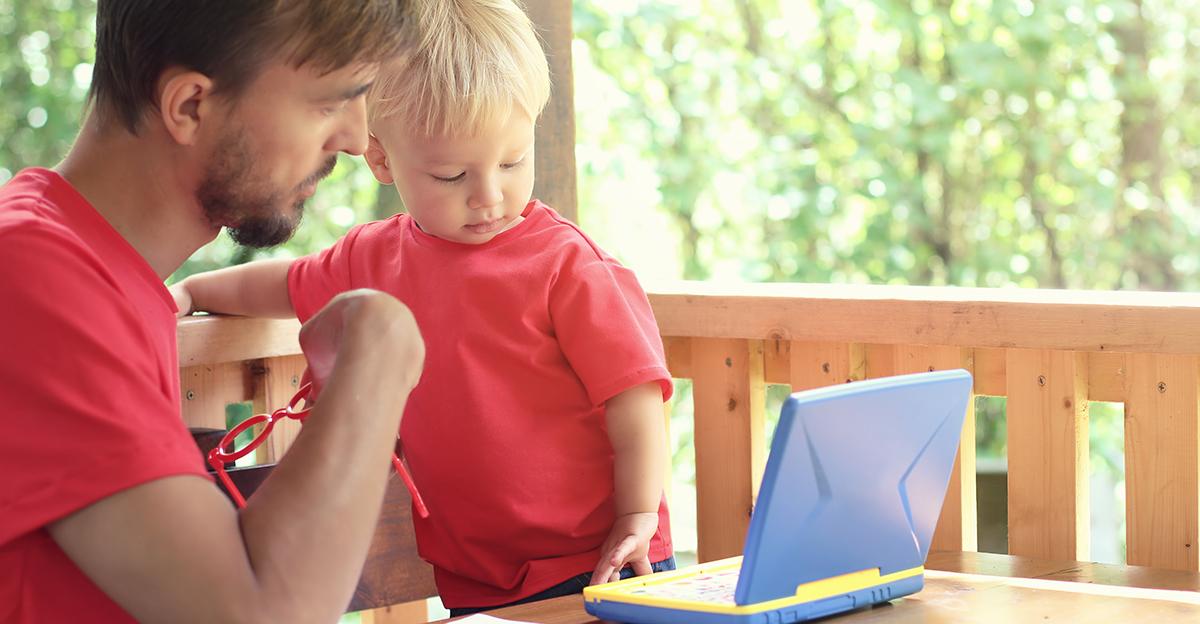
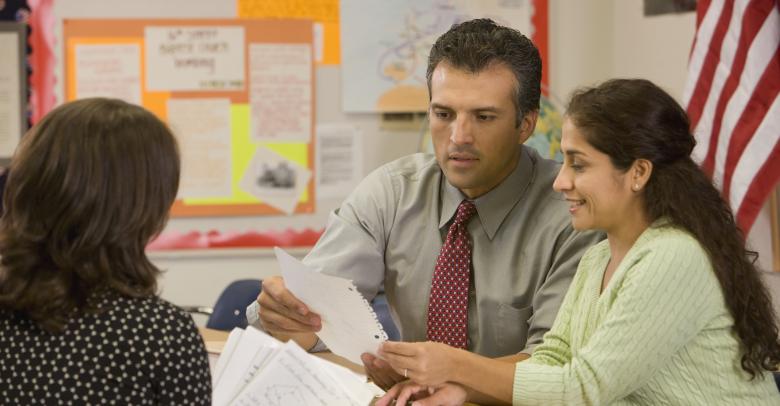
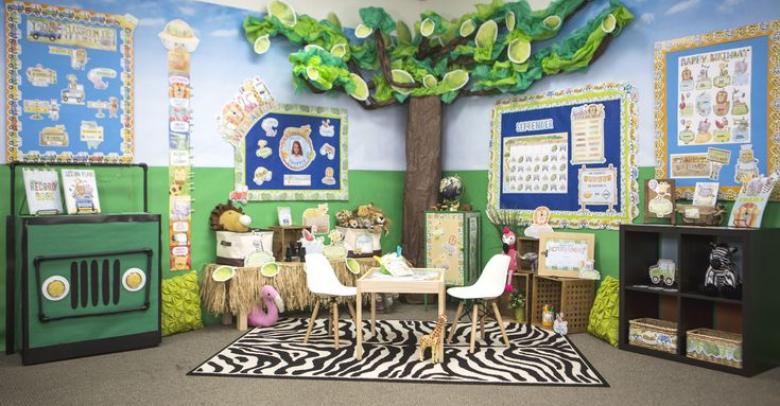
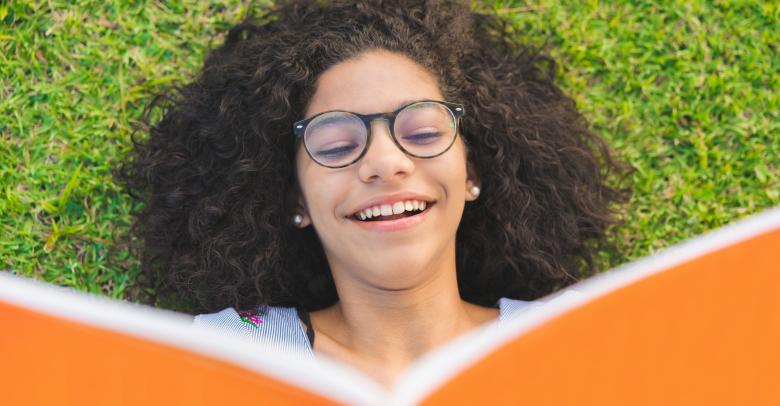
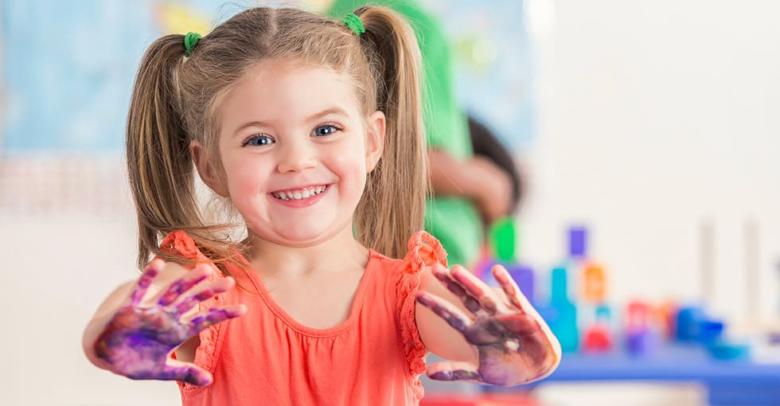
Leave a Reply